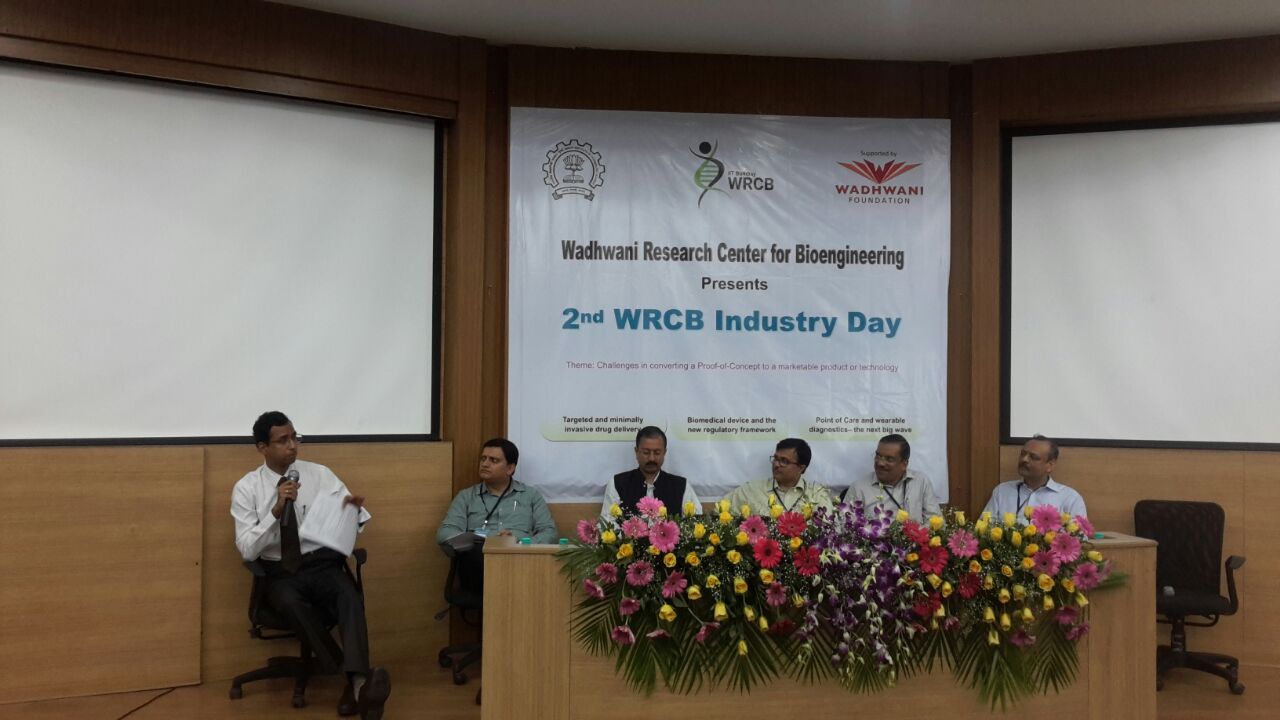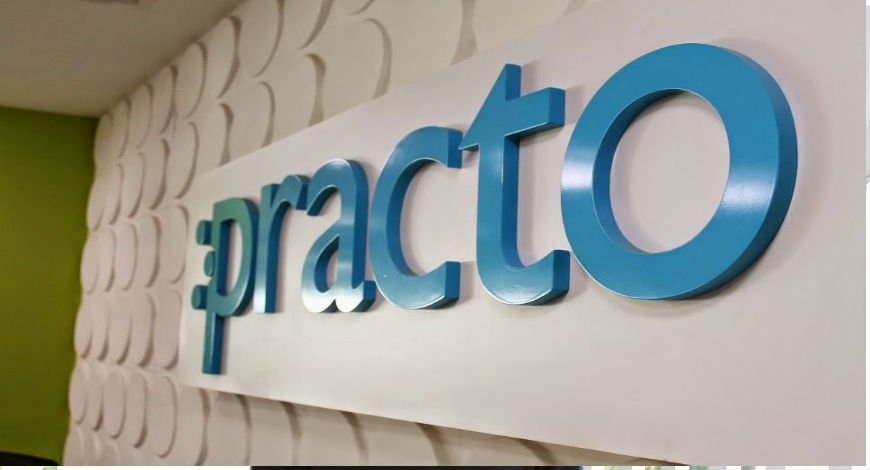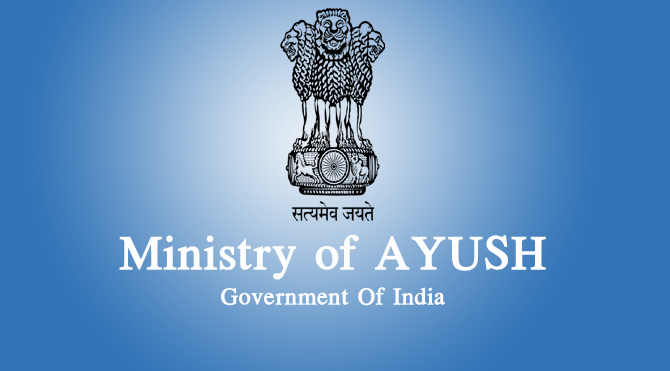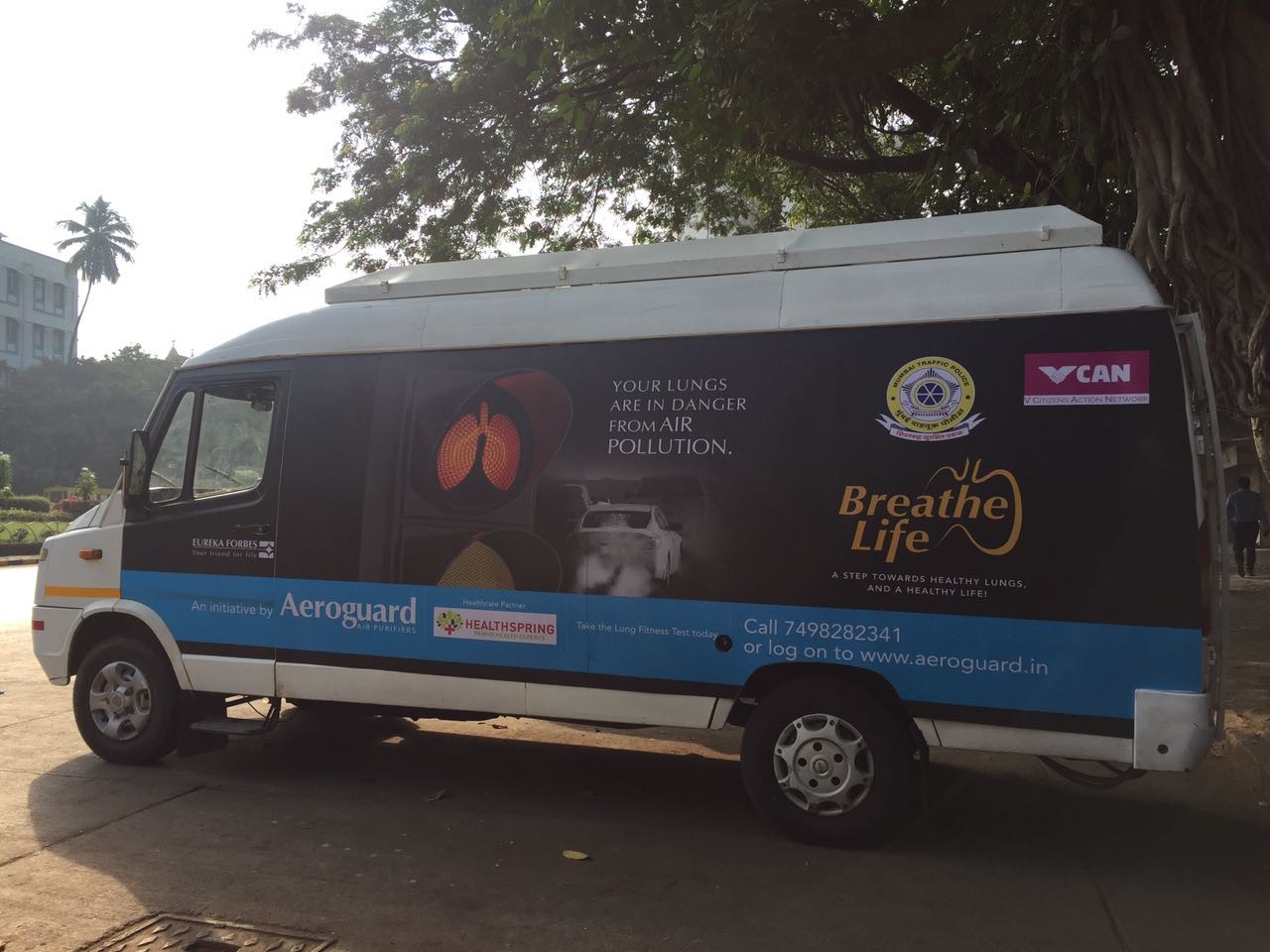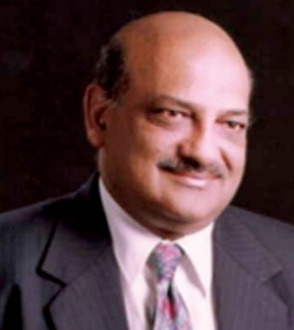 Dr Shekhar Agarwal, utive Director, Sant Parmanand Hospital, sees the healthcare sector has grown tremendously because of some positive changes
Dr Shekhar Agarwal, utive Director, Sant Parmanand Hospital, sees the healthcare sector has grown tremendously because of some positive changes
What is your take on the Indian healthcare sector?
The Indian healthcare sector shows overall speedy signs of growth mainly because of increase in life expectancy, higher income levels, greater reach of health insurance, and growing lifestyle related diseases.
The Indian healthcare sector is already a million-dollar industry that is currently undergoing a rapid expansion phase. Government initiatives and public-private partnerships will help create better opportunities for nurses, paramedics, emergency medical technicians and specialised doctors across the country.
Indian healthcare can rate as one of the best in the world when it comes to providing healthcare to all. At present the health facilities are available practically at the door steps and variable cost of treatment is available depending upon the financial status of the individual.

What are the IT investments your hospital has made over the years?
The hospital upgrades the IT department on yearly basis depending upon the demand and the needs of the various departments. Approximately about five lacs are invested in the department every year.

What are the top five challenges you face in the hospital operation and ution and how do you sail through them?
There are three major challenges:
(a) Delay in receiving and recovering of payments from the Third Party Administrator companies.
(b) Reluctance of the patients to pay completely for their medical bills when their treatment has been completed.
(c) Rapid out-flux of the staff nurses going for jobs abroad.
We deal with individual cases depending upon the merit of each case.

What strategy you think can come handy in making affordable healthcare true to Indian population?
Affordable health care is the healthcare which is easily accessible to one and all without compromising on the quality and also not being taxable to the pocket of the patient. In other words the facili- ties should be easily and readily availa- ble at a reasonable and affordable cost to the general population.
In order to make the term true to Indian population one has to adopt a holistic approach. Not only the Government sector, the private sector but also the general population has to play an equally important role if the goal has to be achieved. The government must ensure that the grant sanctioned for healthcare reaches the people in the\ true sense and not just only on paper. The general public should be made aware of their health rights and the facilities being provided to them by the government. Government has to further launch new social health schemes and provide more facilities and infrastructure at their PHC and dispensaries.

What are your views on the regulatory issues of healthcare?
Especially, lack of distinctive regulations between drugs/devices creates a lot of confusion in the minds of the manufacturers who are eyeing to set their foot- prints in India for business. Currently, medical devices are regulated as drugs under Drugs & Cosmetics Act by DCGI of Central Drugs Standard Control Organisation (CDSCO), the central governing body of the country. Lack of a dedicated center in the country to over- see certification, approval or monitoring of medical devices etc would lead to communication gap between the agency and the manufacturers. Due to this, the foreign manufacturers need to have patience in their approach, as registration of their medical devices may take time in India.
Be a part of Elets Collaborative Initiatives. Join Us for Upcoming Events and explore business opportunities. Like us on Facebook , connect with us on LinkedIn and follow us on Twitter , Instagram.
"Exciting news! Elets technomedia is now on WhatsApp Channels Subscribe today by clicking the link and stay updated with the latest insights!" Click here!






